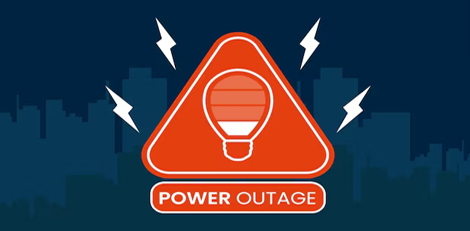Do people have faith in internet banking?
Posted on: 27/Oct/2014 2:22:15 PM

The evolution of the Internet has led to the establishment of various value-adding products and services such as Internet banking (IB). Internet banking has changed the formal banking landscape forever. Some may argue that Internet banking has positively affected the lives of many, through providing services in a more convenient, efficient and effective manner, 365 days a year.
However, the growth of the Internet has lead to the increase of various Information Technology (IT) problems and challenges. Today, individuals and organisations are faced with an increasing number of attacks via computer and Internet viruses, phishing scams and Internet hackers.
In this technological era, individuals and organisations must place greater emphasis on ensuring that their financial well-being and future are protected. The investment in adequate software and infrastructure has become critical to conduct financial transactions securely via the Internet. The level of security awareness should be increased and entrenched at various levels through comprehensive awareness and educational programmes.
Extensive Internet banking awareness campaigns have been launched, but the level to which these campaigns are successful is questionable.
But the assorted benefits of banking from the comfort of your armchair while sipping a cup of steaming filter coffee in your hand, has converted many into diehard advocates of online money.
But not all people over 50 have this go-with-the-flow attitude when it comes to financial transactions online. In fact, according to bankers, a large majority of account holders over the age of 50 have serious trust issues.
�One of their biggest fears is losing their money and not having a physical proof for the transaction. A lot of older people, even some younger ones, still insist on visiting our branches just so they can get the counterfoil receipt and a sealed acknowledgement,� says Lakshmi Vilas Bank�s Chief Financial Officer M Palaniappan.
He�s right. Most people who refused ever having banked online say that they prefer to handle transactions in banks because it is �safer�.







